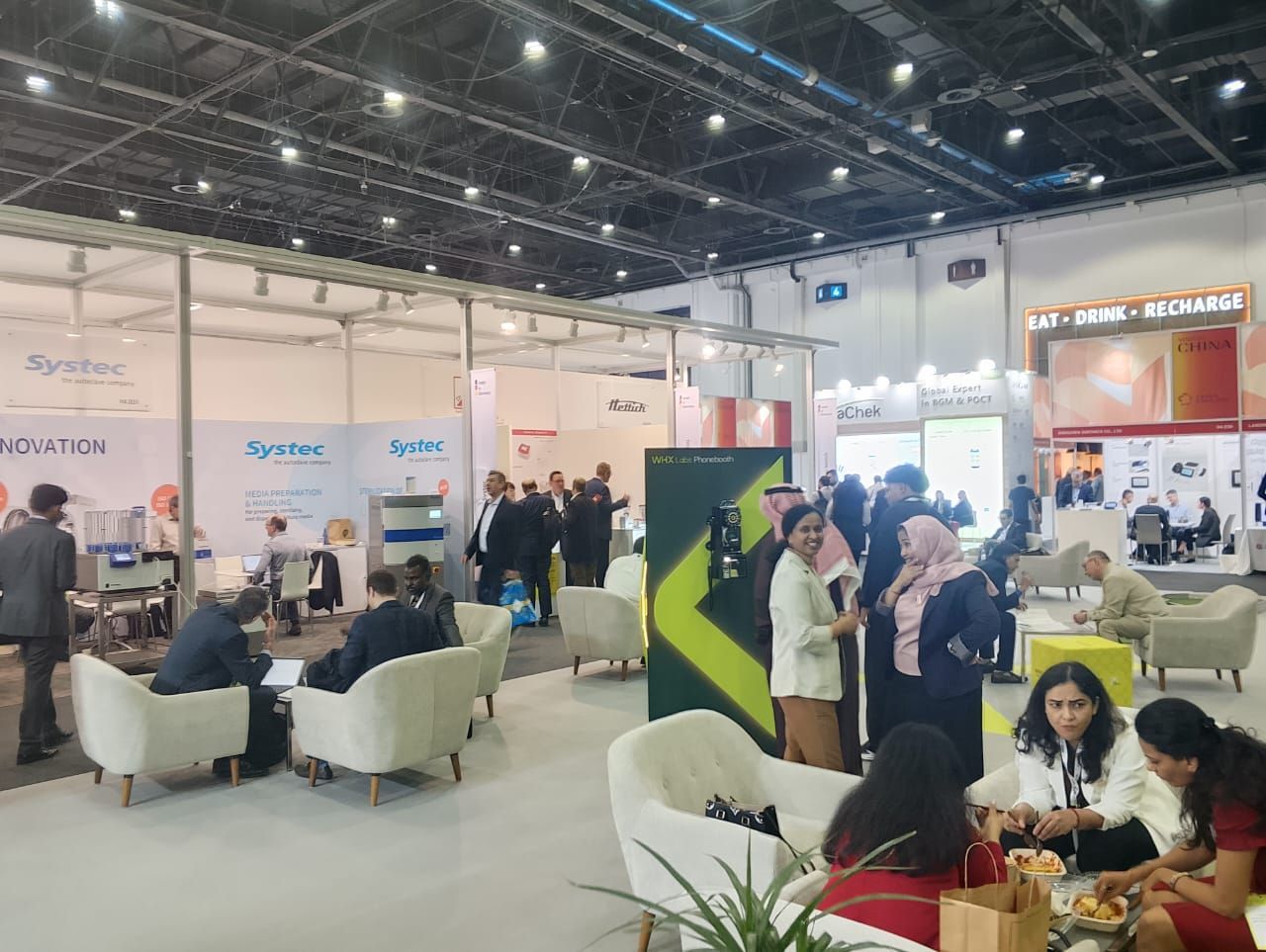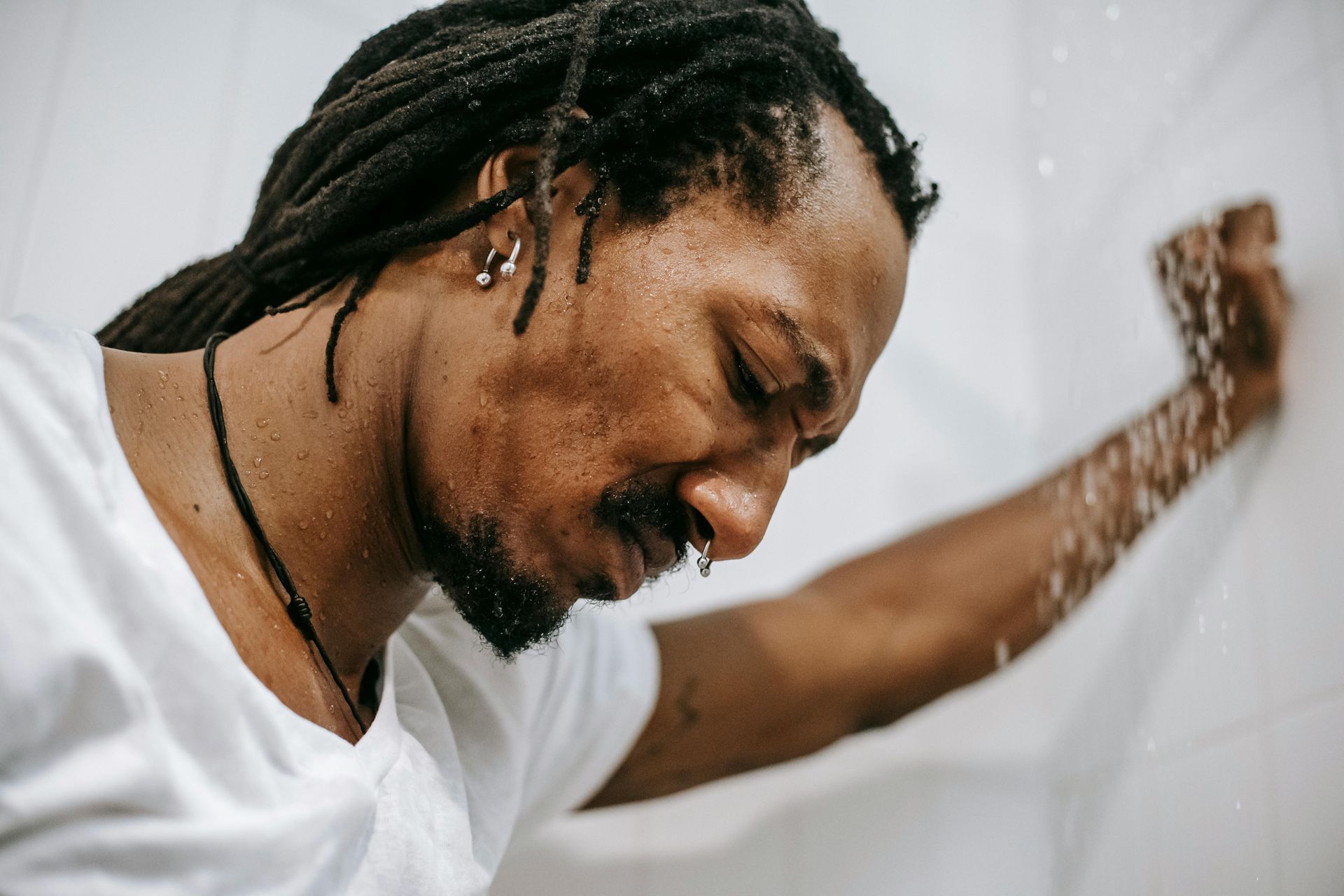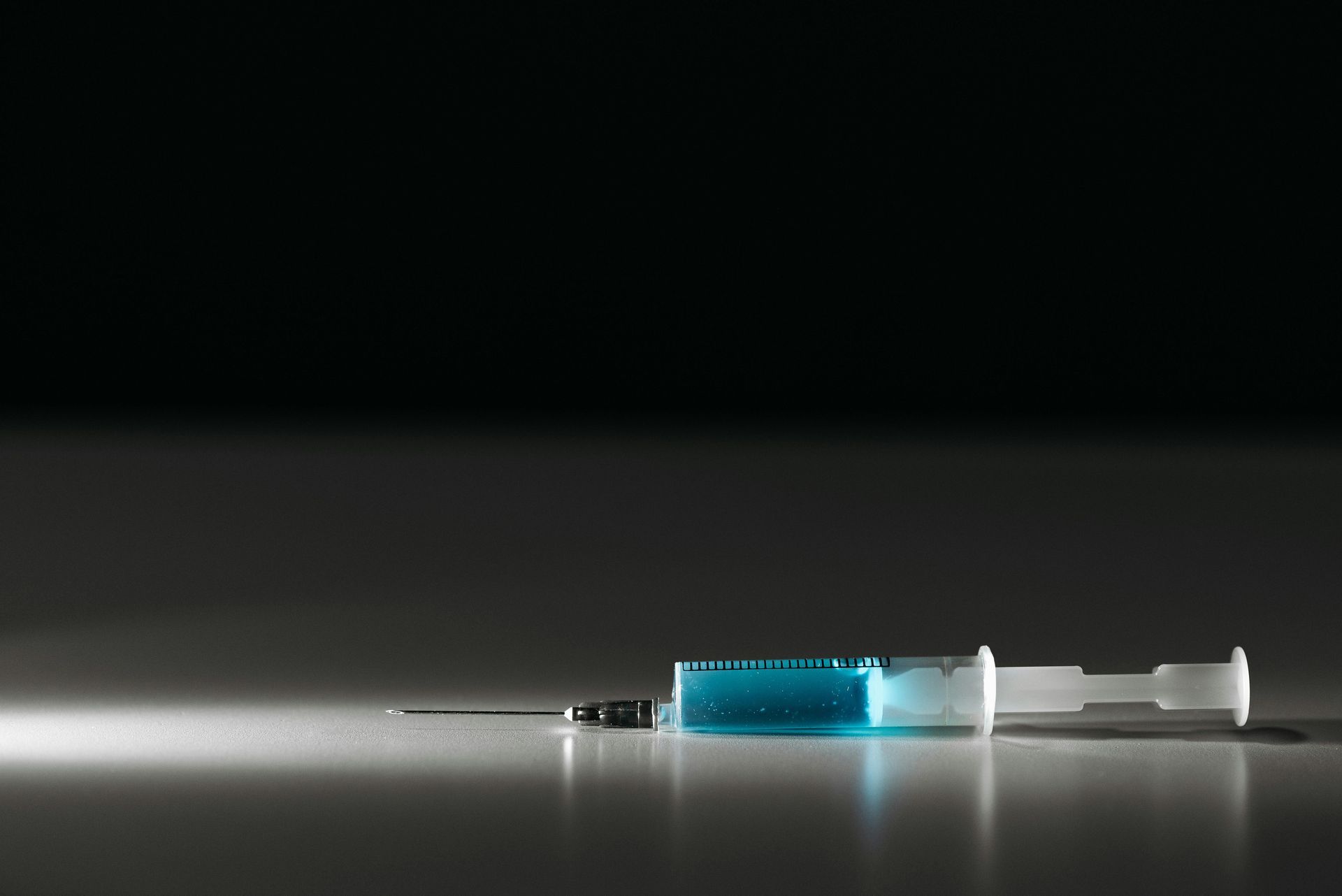Building a Stronger Health Response: Prostate and Childhood Cancers in Focus
As September draws to a close, it is an important moment to reflect on two critical but often under-discussed health issues in Ghana: prostate cancer and childhood cancer. In many aspects of our health system, these areas remain under-prioritised—even though early detection, access to diagnostics, and equitable distribution of treatment can make a profound difference in outcomes.
Prostate Cancer in Ghana: Challenges and Opportunities
Prostate cancer is one of the most common cancers affecting Ghanaian men. A major challenge has been the delay in seeking orthodox care. Many men initially turn to traditional healers or postpone treatment due to cultural beliefs, misconceptions, financial barriers, or limited awareness.
Research in parts of the country, including the Central Region, has shown that low health literacy, limited formal education, and confidence in traditional remedies contribute significantly to late presentation. From a systems perspective, it is crucial that urology clinics, diagnostic centres, and pharmaceutical supply chains are adequately equipped to meet demand. Incorporating prostate cancer screening, such as PSA testing, into general outpatient services could help reach more men earlier.
Childhood Cancer: The Hidden Burden
Every year, an estimated 2,500 children in Ghana are diagnosed with cancer. Yet survival rates remain low, often between 10% and 50%, mainly due to late diagnosis, treatment abandonment, and incomplete coverage under the National Health Insurance Scheme (NHIS). Only a few types of childhood cancers—such as acute lymphoblastic leukaemia, retinoblastoma, Wilms tumour and Burkitt lymphoma—are covered, leaving many families to bear heavy out-of-pocket expenses.
Running a paediatric oncology unit requires significant resources. In Accra, for example, annual operational costs run into millions of dollars. Beyond finances, challenges include limited access to care in rural areas, weak referral networks, shortages of paediatric oncologists and trained oncology nurses, and inadequate diagnostic facilities.
Why These Two Themes Matter Together
Though prostate cancer and childhood cancer affect different populations, they share common systemic challenges:
- Delay in diagnosis caused by low awareness and structural barriers.
- Supply chain gaps in diagnostic kits, chemotherapy agents, supportive drugs, and medical consumables.
- Financial burdens for patients and families where insurance coverage is incomplete.
- Need for coordination between clinicians, policymakers, distributors, NGOs, and the private sector.
Ghana already has a national cancer control strategy, with priorities in prevention, early detection, diagnosis, treatment, palliative care, and advocacy. The challenge lies in translating this strategy into measurable impact, which requires stronger partnerships along the health supply and value chain.
What Medical Professionals and Industry Can Do
- Advocate for integrating prostate cancer screening into men’s health and general practice, especially in rural communities.
- Strengthen referral systems so that suspected cancer cases are quickly directed to diagnostic centres.
- Collaborate with dependable medical distributors to ensure timely and quality-assured availability of essential drugs, reagents, and consumables.
- Lead public education campaigns to demystify cancer, reduce stigma, and encourage early health-seeking behaviour.
- Explore co-investment and subsidy models to make cancer treatment more affordable and sustainable.
- Participate in data collection and cancer registries to monitor gaps, outcomes, and improvements.
As we bring September to a close, let us commit to deeper collaboration—between clinicians, industry, policymakers and communities—so that no man delays care, and no child’s life is cut short because of late detection.
To stay informed about new diagnostics, therapeutics, and distribution innovations in Ghana’s health sector, and to collaborate toward improving cancer outcomes, visit our website for more updates and resources.










